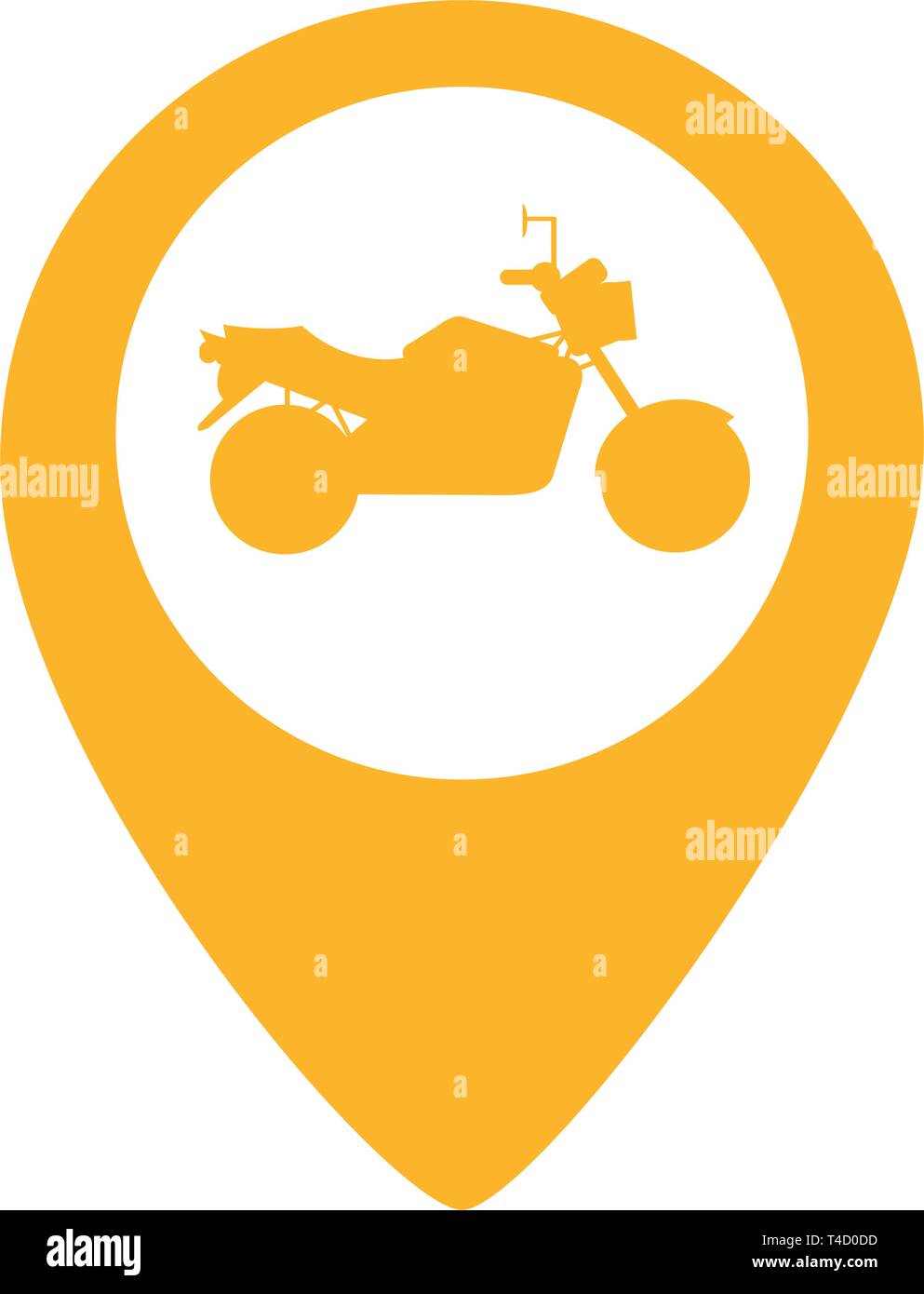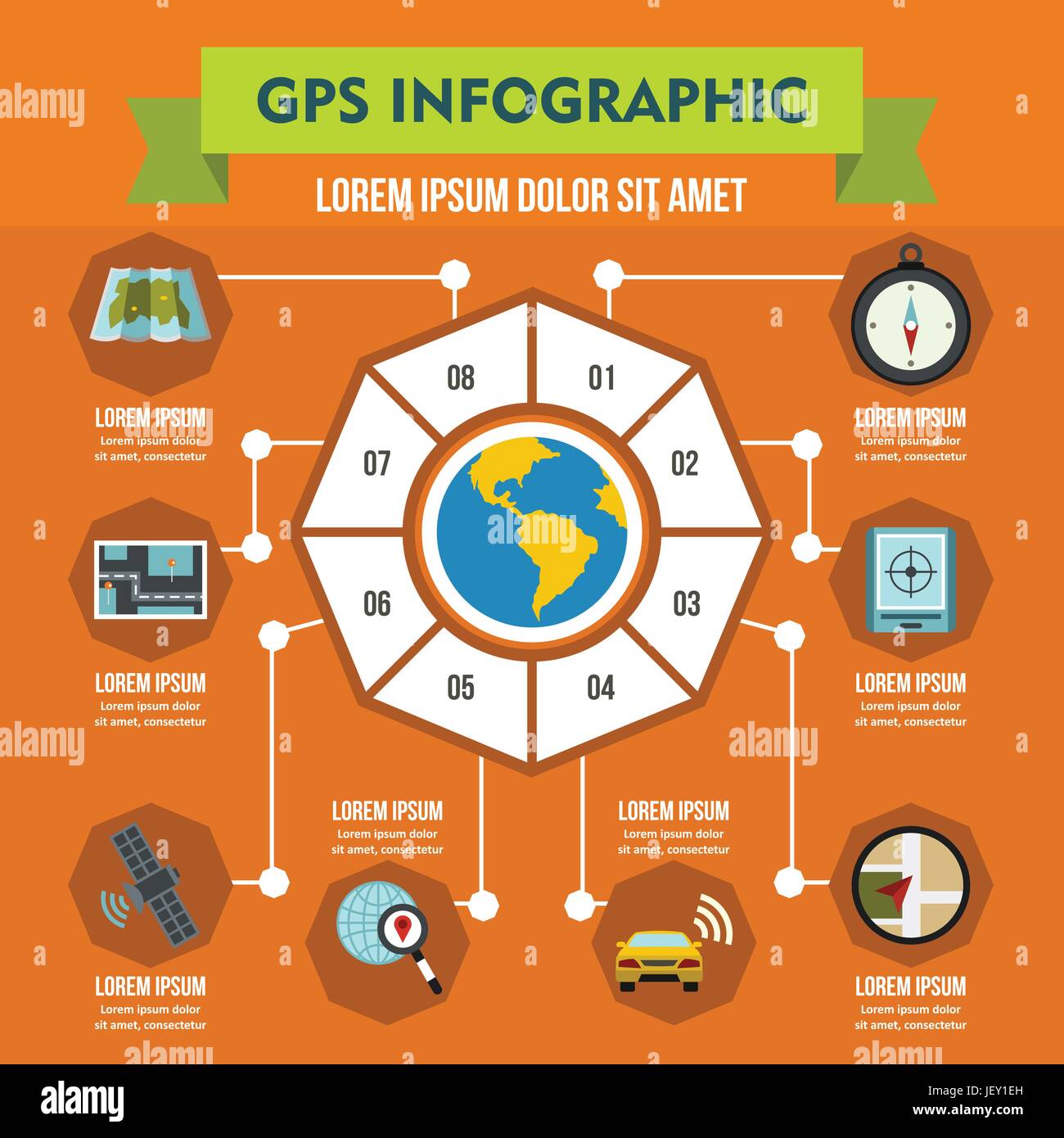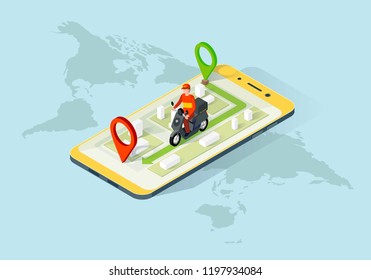In This Article
Navigating the open road on your motorcycle can be exhilarating, but it often comes with the challenge of finding reliable directions. Many riders ask, “What is the best GPS for moto?” This article is here to provide a comfortable solution for those seeking efficient navigation while enjoying the thrill of riding. We’ll explore the top GPS options tailored for motorcyclists, discuss essential features to look for, and share expert tips to enhance your riding experience. Whether you’re planning a weekend getaway or a long cross-country trip, we’ve got all the insights you need to choose the perfect GPS for your moto adventures. Let’s dive in!
* **Problem Solving:** Users are asking specific questions like ‘- What is the best GPS for motorcycles?’ and ‘- Can I use my smartphone as a GPS for my motorcycle?’. This shows they have specific problems they need to solve regarding ‘gps for moto’.
This article is designed to meet all these needs by providing comprehensive explanations, practical guides, and comparative information.
Navigation Accuracy: GPS systems for motorcycles provide precise navigation, ensuring riders can find the best routes and avoid getting lost, even in remote areas.
Weather Resistance: Many motorcycle GPS devices are designed to withstand harsh weather conditions, including rain and extreme temperatures, making them suitable for all riding environments.
User-Friendly Interfaces: Most motorcycle GPS units feature large, easy-to-read screens and intuitive interfaces, allowing riders to access directions and information quickly while on the road.
Safety Features: Advanced GPS models often include safety features like real-time traffic updates, speed limit alerts, and points of interest, enhancing the overall riding experience and safety.
Motorcycle enthusiasts know that the thrill of the ride comes with a sense of adventure and freedom. However, getting lost on an unfamiliar route can turn that excitement into frustration. This is where a GPS for moto comes into play. Whether you’re planning a long-distance tour or a leisurely ride through the countryside, having a reliable GPS can enhance your riding experience immensely.
A GPS for motorcycles refers to a specialized navigation device designed to provide accurate directions and maps tailored for motorcycle use. Unlike standard car GPS units, these devices often come with features such as weather resistance, touch-screen functionality that works with gloves, and the ability to plot scenic routes. With a motorcycle GPS, riders can navigate effortlessly, ensuring they focus on the road ahead rather than the route behind.
When choosing a GPS for your motorcycle, several features can significantly enhance your experience:
Weather Resistance: Since motorcycles expose riders to the elements, having a waterproof GPS is crucial.
Durable Design: Look for units that can withstand vibrations and shocks.
Glove-Friendly Touch Screen: A screen that can be operated with gloves is essential for safety.
Voice Navigation: This allows riders to keep their eyes on the road while receiving directions.
Route Customization: Some GPS devices allow riders to plot scenic routes or avoid highways, catering to personal preferences.
Bluetooth Connectivity: This feature enables the GPS to connect to your helmet or smartphone for hands-free navigation and calls.
GPS, or Global Positioning System, relies on a network of satellites orbiting the Earth. These satellites send signals to GPS devices, which then calculate the user’s location based on the time it took for the signals to arrive. For motorcycles, the GPS unit integrates this technology with mapping software, providing real-time navigation.

When it comes to GPS for motorcycles, there are primarily two types:
Standalone GPS Devices: These are dedicated units specifically designed for motorcycle use. They typically feature larger screens, robust navigation software, and motorcycle-specific features.
Smartphone Apps: Many riders opt to use their smartphones as GPS devices. Various apps are available that offer motorcycle-friendly navigation, but they often lack some of the rugged features found in standalone units.
When selecting a GPS for your motorcycle, consider the following factors:
Screen Size and Clarity: A larger screen can be easier to read, especially in bright sunlight.
Battery Life: Ensure the GPS has a long-lasting battery or the option to connect to your motorcycle’s power supply.
Ease of Use: The interface should be intuitive, allowing for quick input and adjustments while riding.
Map Updates: Check if the device offers free or affordable map updates.
Price Point: Determine your budget and find the best quality within that range.
Yes, many motorcycle GPS devices are designed to be waterproof or at least water-resistant. This feature is crucial for riders who often encounter rain or wet conditions. However, it’s essential to verify the device’s IP (Ingress Protection) rating to understand its waterproof capabilities better.
Consider the following scenarios where a GPS can make a significant difference:
Long-Distance Touring: Riders embarking on cross-country trips can rely on GPS for efficient route planning, minimizing the chances of getting lost in unfamiliar territories.
Scenic Rides: For those who prefer winding roads and beautiful landscapes, a motorcycle GPS can help find the most picturesque routes, enhancing the overall experience.
Group Rides: For larger riding groups, GPS devices can be invaluable for coordinating routes and ensuring everyone stays together, even in unfamiliar areas.
Absolutely! Many riders opt for smartphone applications as a GPS solution. Popular apps like Google Maps, Waze, and specialized motorcycle apps such as Scenic or Rever provide excellent navigation features. However, there are certain considerations when using a smartphone:
Mounting: Ensure you have a secure mount that keeps the phone visible yet safe while riding.
Battery Drain: GPS usage can quickly drain your smartphone’s battery, so consider using a power bank or connecting it to your motorcycle’s charging system.
Weather Protection: Invest in a weatherproof case to safeguard your phone against the elements.
In conclusion, choosing the right GPS for moto can significantly enhance your riding experience. With features designed specifically for motorcycle riders, such as weather resistance, durable design, and route customization, motorcycle GPS devices offer a reliable solution for navigation. While standalone devices provide robust features, smartphones are also a viable option, provided you consider mounting and battery longevity.
Investing in a quality GPS can allow you to explore new roads with confidence, ensuring that every ride is an adventure rather than a misadventure.
The best GPS for motorcycles typically depends on individual preferences and needs. Popular models include the Garmin Zumo series, TomTom Rider, and Magellan TRX7. Each offers unique features tailored for motorcycle use.

Yes, you can use your smartphone as a GPS for your motorcycle. However, ensure you have a secure mount and consider battery management since GPS usage can drain your phone quickly.
Installing a GPS unit on your motorcycle usually involves mounting the device on the handlebars or dash using a compatible mount. You can connect it to your motorcycle’s power supply or rely on the device’s battery.
Most motorcycle GPS devices are designed to be waterproof or at least water-resistant. Always check the manufacturer’s specifications for the device’s IP rating to ensure it meets your needs.
By following this guide, you are now equipped with the knowledge to select the perfect GPS for your motorcycle adventures. Enjoy the ride and navigate with confidence!
When it comes to using GPS systems for motorcycles, riders often face several common issues that can hinder their experience. Below are three prevalent pain points, each accompanied by a relatable scenario and practical solutions to help users navigate their challenges.
User Scenario:
Mark is an avid motorcycle rider who loves to embark on long weekend journeys. On a sunny Saturday, he sets off for a scenic ride, relying on his GPS for navigation. However, as he hits the open road, he struggles to see the screen clearly due to the glare of the sun. Frustrated, he misses a crucial turn and has to backtrack, wasting valuable riding time.
Solution:
To combat visibility issues in sunlight, consider investing in a GPS unit with a high-resolution display and anti-glare technology. Look for features such as a transflective screen, which reflects sunlight while allowing for better visibility in bright conditions. Additionally, using a sunshade or a mount that positions the GPS at an optimal angle can help reduce glare. Always remember to adjust the brightness settings on your GPS for enhanced visibility based on lighting conditions.
User Scenario:
Sarah has planned a weekend trip through the mountains but realizes too late that her GPS hasn’t updated its maps. As she rides through winding roads, the device leads her to a road closure, forcing her to navigate through unfamiliar terrain with no clear direction. This unexpected detour not only adds stress but also takes away from her enjoyment of the ride.
Solution:
To ensure optimal route planning, regularly update your GPS maps before embarking on a trip. Many modern GPS devices offer Wi-Fi connectivity for easy updates. Additionally, consider using a GPS system that offers real-time traffic and road condition updates. Some units even allow users to download offline maps, which can be invaluable in remote areas with limited signal. Using apps that specialize in motorcycle routes can also enhance your journey by providing tailored suggestions based on your riding preferences.
User Scenario:
Tom recently purchased a high-end GPS for his motorcycle, excited to enhance his riding experience. However, when he tries to connect the device to his helmet Bluetooth, he discovers compatibility issues. The GPS doesn’t sync with his headset, causing him to miss voice prompts that would guide him on his route, leading to confusion and frustration.
Solution:
Before purchasing a GPS unit, check its compatibility with your existing motorcycle gear, particularly communication systems. Opt for a GPS that supports Bluetooth connectivity with various brands and models. If you already own a GPS, consider investing in a Bluetooth adapter or a compatible headset that can bridge the gap. Reading reviews and user experiences on forums can also provide insights into which devices work well together, ensuring a seamless experience while riding.
By addressing these common pain points, motorcycle riders can enhance their navigation experience and enjoy their journeys to the fullest. Remember, investing in the right technology and staying informed can make all the difference in your riding adventures.
The keyword “gps for moto” appears to refer to GPS devices specifically designed for motorcycles, catering to the unique needs of riders for navigation and route planning. In this context, we will compare “GPS for Moto” devices with popular alternatives in the market. This comparison will highlight key features, functionalities, and price points to help potential buyers make informed decisions.
| Feature | GPS for Moto (e.g., Garmin Zumo) | TomTom Rider | smartphone apps (e.g., Google Maps) |
|---|---|---|---|
| Screen Size | 4.3″ – 6″ | 4.3″ – 5″ | Varies (depends on device) |
| Weather Resistance | Yes (IPX7 or higher) | Yes (IPX7) | No |
| Motorcycle-Specific Features | Yes (curvy roads, fuel stops) | Yes (ride planning, routes) | No (general navigation) |
| Price Range | $300 – $800 | $350 – $600 | Free or subscription-based |
| Mounting Options | Motorcycle mounts included | Motorcycle mounts included | Phone mounts required |
| Battery Life | 8-10 hours | 6-8 hours | Depends on smartphone |
This table provides a clear overview of the features of “GPS for Moto” devices compared to other popular motorcycle GPS options and smartphone applications, allowing users to weigh their choices effectively.

— Industry Expert Analysis